27.03.2024
17:45
HIT H42
27.03.2024
17:45
HIT H42

Maurice D. Hanisch
Masters Student at ETH and IBM
Abstract
Quantum computers can provide asymptotically faster computation times than their classical counterparts in specific applications. However, to outperform the classical computers we have today, we need large-scale, fault-tolerant devices. Quantum error correction (QEC) is considered one of the most promising ways of achieving this milestone. However, much work is still needed to improve both the QEC methods and the quantum hardware on which they run.
This talk will explore improving the performance of quantum error correction through a more refined approach to evaluating the measurement data we use for error detection. By integrating soft information—analog data that provides probabilistic insights rather than binary results—we can significantly improve the performance of QEC protocols. Initially, I will introduce quantum error correction and a widely used decoding strategy. Then, I will share results from my current master’s thesis on how soft information can more efficiently protect against quantum noise. This talk aims to demonstrate that soft information QEC can contribute meaningfully toward more reliable quantum computing.
